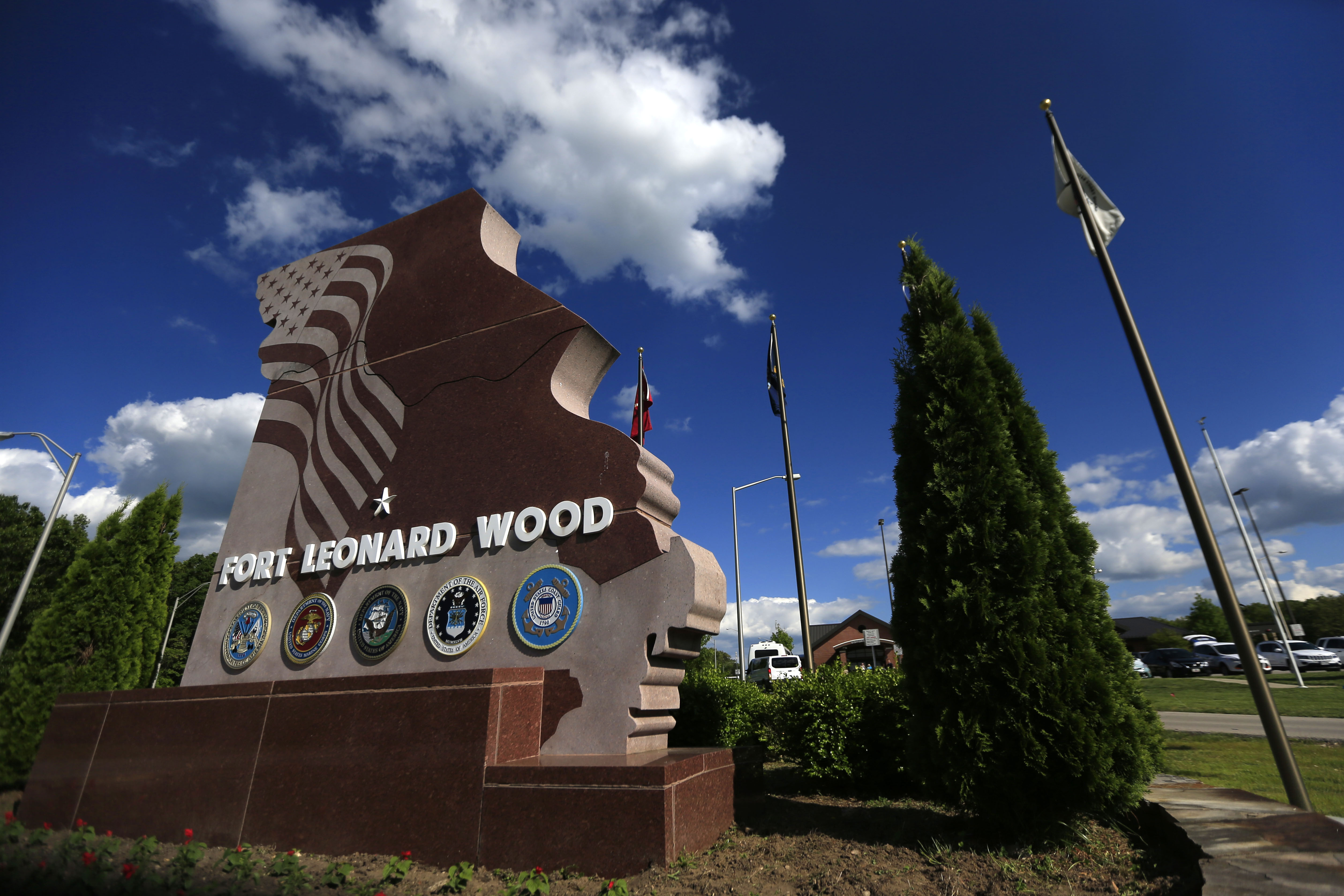For many, the total solar eclipse is a cause for vacation.
Short-term rentals located in the eclipse's path of totality are seeing a significant spike in bookings around the astronomical event. That's according to data from AirDNA, which tracks the daily performance of over 10 million Airbnb and Vrbo properties.
The total eclipse is set to take place on Monday when the moon will pass between the sun and earth, casting a temporary darkness on parts of North America. NASA estimates 31.6 million people live in the path of totality of what will be the first total solar eclipse visible in the contiguous United States since 2017, with the next one not until 2044.
And people will be flocking to the path of totality, which cuts across 15 states from Texas up to Maine, so they can witness the rare sight.
The Hurricane season is on. Our meteorologists are ready. Sign up for the NBC 6 Weather newsletter to get the latest forecast in your inbox.
Dallas, Indianapolis and Cleveland are among the biggest cities in the path of totality and all three boast a short-term rental occupancy above 90% for Sunday night, per AirDNA. Here's a full look at the short-term rental occupancy of the 25 biggest cities in the path of totality on the eve of the eclipse, with all above 77%:
U.S. & World
AirDNA senior VP of analytics Jamie Lane told CNBC on Thursday that short-term rentals in the path of totality are 92% occupied on average the night before the eclipse, with many cities fully booked. For comparison, one week before and after that, the occupancy levels in those locations are around 30 or 40%, according to Lane.
"We're seeing people travel from all cross the country," Lane said. "April's typically not a high season for demand in many of these areas. So this really is a boom for demand in what's typically a low-demand period."
The 92% average is the highest short-term rental occupancy level for cities in the path of totality since the start of 2023, per AirDNA, beating out Memorial Day of last year (83.7%). But, as Lane explained, the supply and prices of those rentals aren't what you would expect for a high-demand time.
"We typically see a large increase in supply around special events like F1 and the Super Bowl, and we're really not seeing that," Lane said. "We're seeing actually a slight decline of existing hosts that are actually taking their unit off for that night and saying, 'You know what, I've got a second home, the eclipse comes once in a blue moon, I want to stay and use that.' That's pushing occupancies to the record levels that we see.
"Rates, while up, aren't up maybe as much as you'd think. We're seeing rates only up about 18 percent on average."



